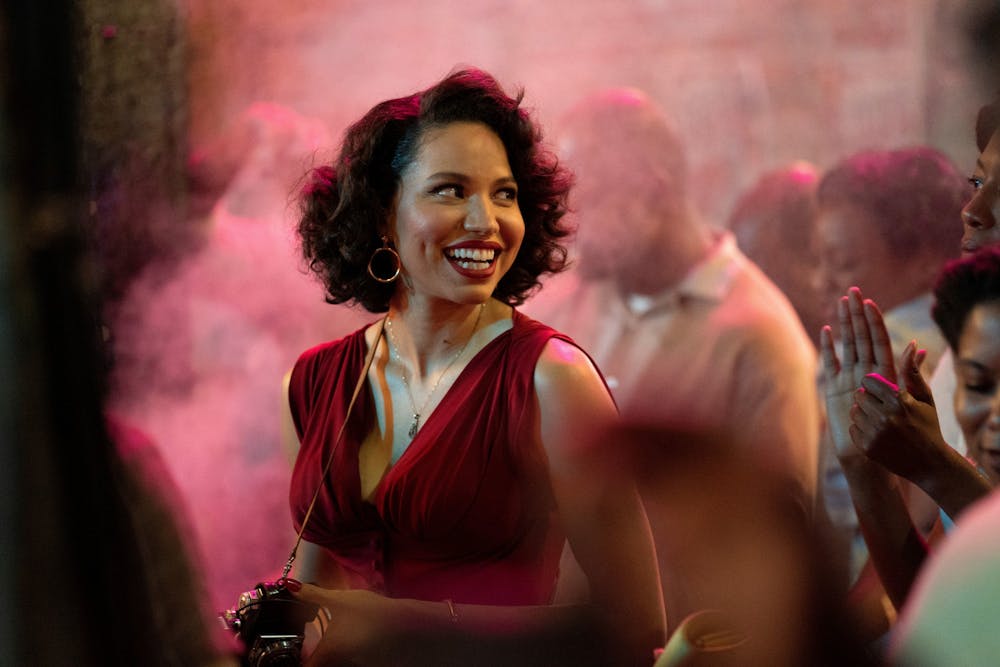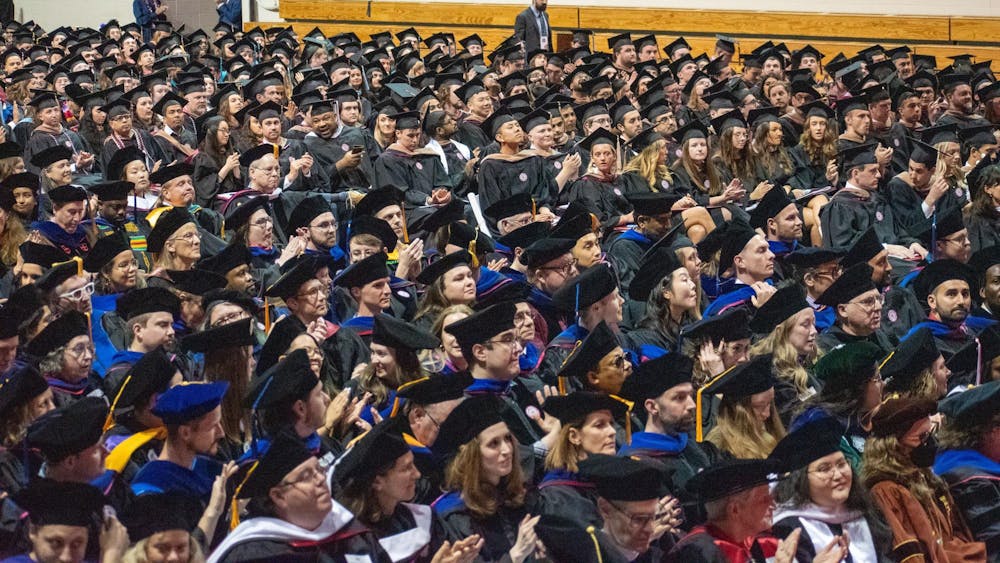Black people have been dealing with trauma for generations.
Just this year, we’ve endured a global pandemic, the loss of Black icons like Kobe Bryant and Chadwick Boseman, racial violence, continued killings by police, police brutality at protests and a lack of accountability for the latter two.
It would be nice to see more Black joy in the world.
There are plenty of slave movies, Civil Rights-era movies and in general, films that speak only to the hardships of being Black. That isn’t all the Black experience is, and it is time mainstream media focuses on that.
We cannot deny that there are negative things that come along with being Black in a country and society that has been oppressive toward you for upwards of 400 years. In order to truly represent a Black life in the media, some elements of that will likely be present. However, the exploration shouldn’t stop there.
There are other challenges Black people can face that aren’t solely built around the fact that they are Black. Take the recent Netflix movie "Project Power" for example.
The Jamie Foxx and Dominique Fishback-led movie does involve some less glamorous aspects of Black life in America. Fishback’s character Robin and her mother struggle to make ends meet. The main crux of the movie, though, is Foxx’s character Art searching for his daughter to rescue her from super-powered “villains.” Along the way, he develops a parental relationship with Robin.
BIPOC characters are largely relegated to minor roles in genre films.
In romance and coming-of-age films, they are the best friend, the antagonist or largely absent. Examples of this can be seen in movies like "The Kissing Booth" and "The Fault in Our Stars."
In sci-fi and fantasy media, BIPOC characters often fall into the roles of sidekick, comic relief or collateral damage. This is seen in many of the early Marvel Cinematic Universe movies (think Rhodey in the "Iron Man" series and Sam Wilson in the early "Captain America" films).
One recent sci-fi fantasy series that I love, and that has done a great job of mixing the challenges of being Black and outside challenges is HBO’s "Watchmen." The series approaches highly racialized storylines but doesn’t focus solely on the struggles of Black Americans.
Watchmen is a superhero show. Yes, it deals with issues like police brutality, white supremacy and the like, but it also explores Black love, family and excellence. The show itself is a superhero drama. The squids raining from the sky and the woman trying to steal the powers of the most powerful being in that world present a much larger threat in the overall story that the characters battle against.
There is room for movies about the struggle, but it’s time to explore the other facets of Black life and create some villains and obstacles that aren’t racism.
TikTok personality Chinleyu Mwaafrika, @chinforshort on TikTok and Twitter, put it best.
“I don’t want to see another movie where the premise is ‘being Black is hard’ because b*tch, I know,” Mwaafrika said.
Media are often a reflection of life, but in the case of Black people in media, it seems the most produced reflections are negative things.
“And it’s so depressing when the only depictions you see of yourself in the media are people that look like you getting arrested or shot,” Mwaafrika said. “Or trying to overcome some struggle that’s based on the way you both look.”
As a Black creator and film student myself, I often think about the ways I can use media to tell a full story representative of real Black life, the good as well as the bad.
Storytellers in these mediums, especially those who endeavor to tell a story about someone racially different than themselves, must expand their view of the Black experience. This will allow their stories to explore the triumphs of Black life, and the ways we overcome challenges that have nothing to do with the color of our skin.
It takes intention. It takes work. But it must be done.






